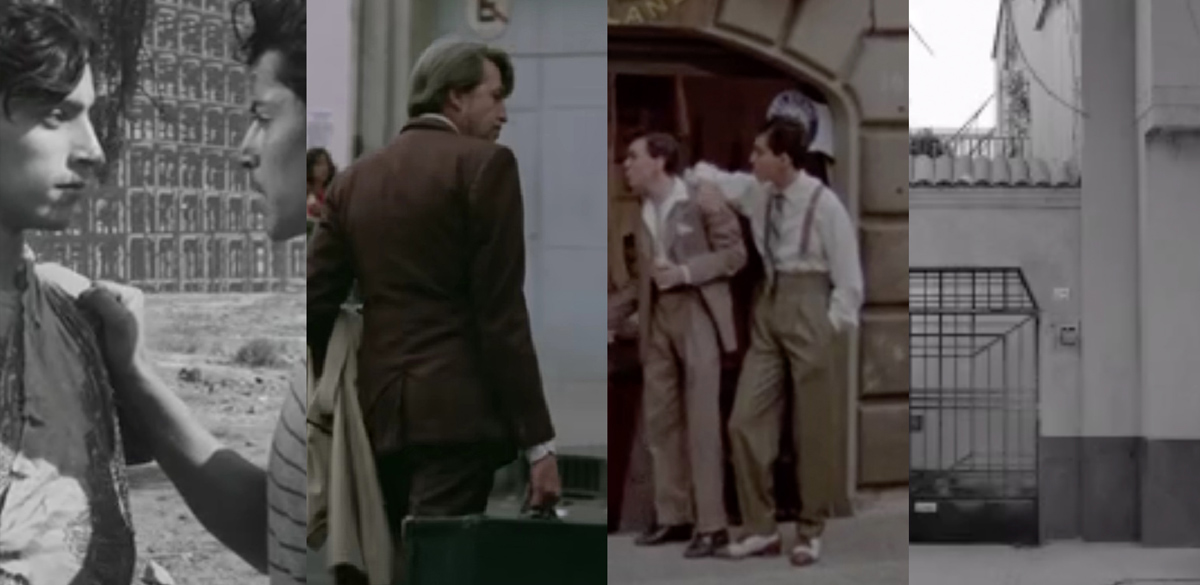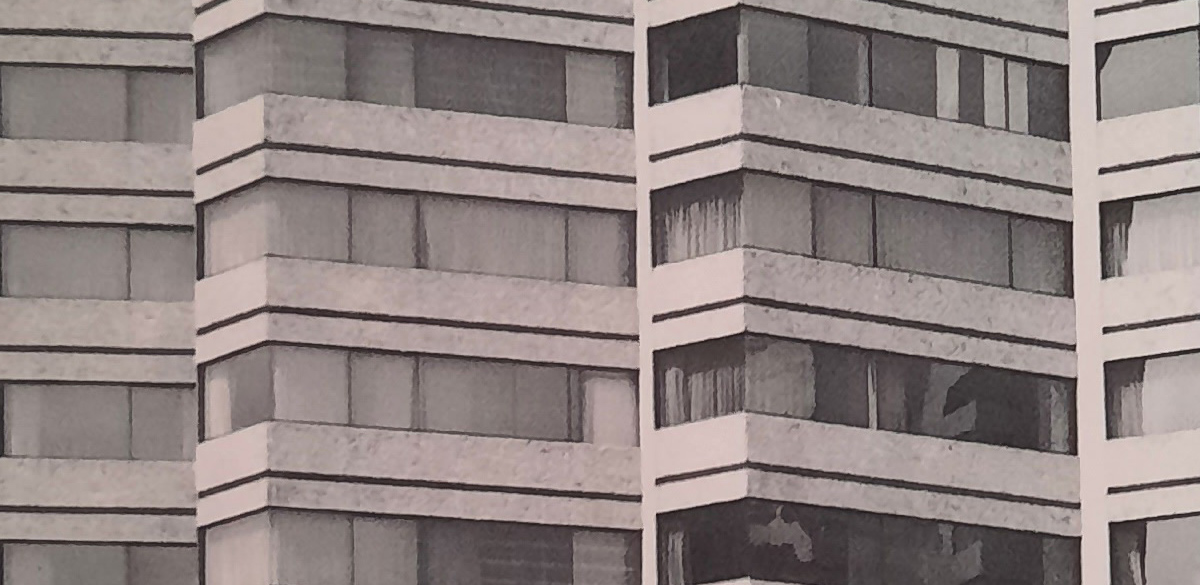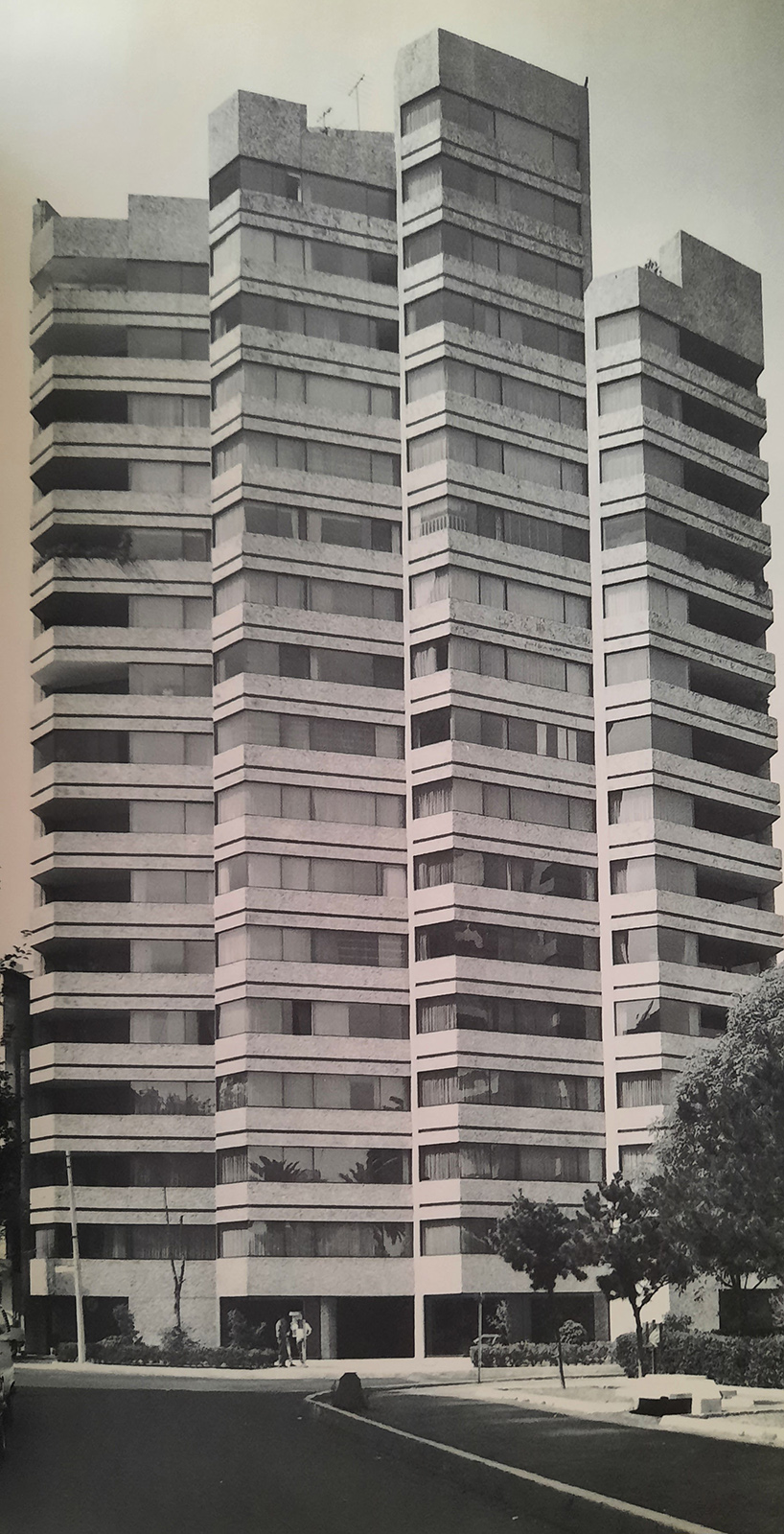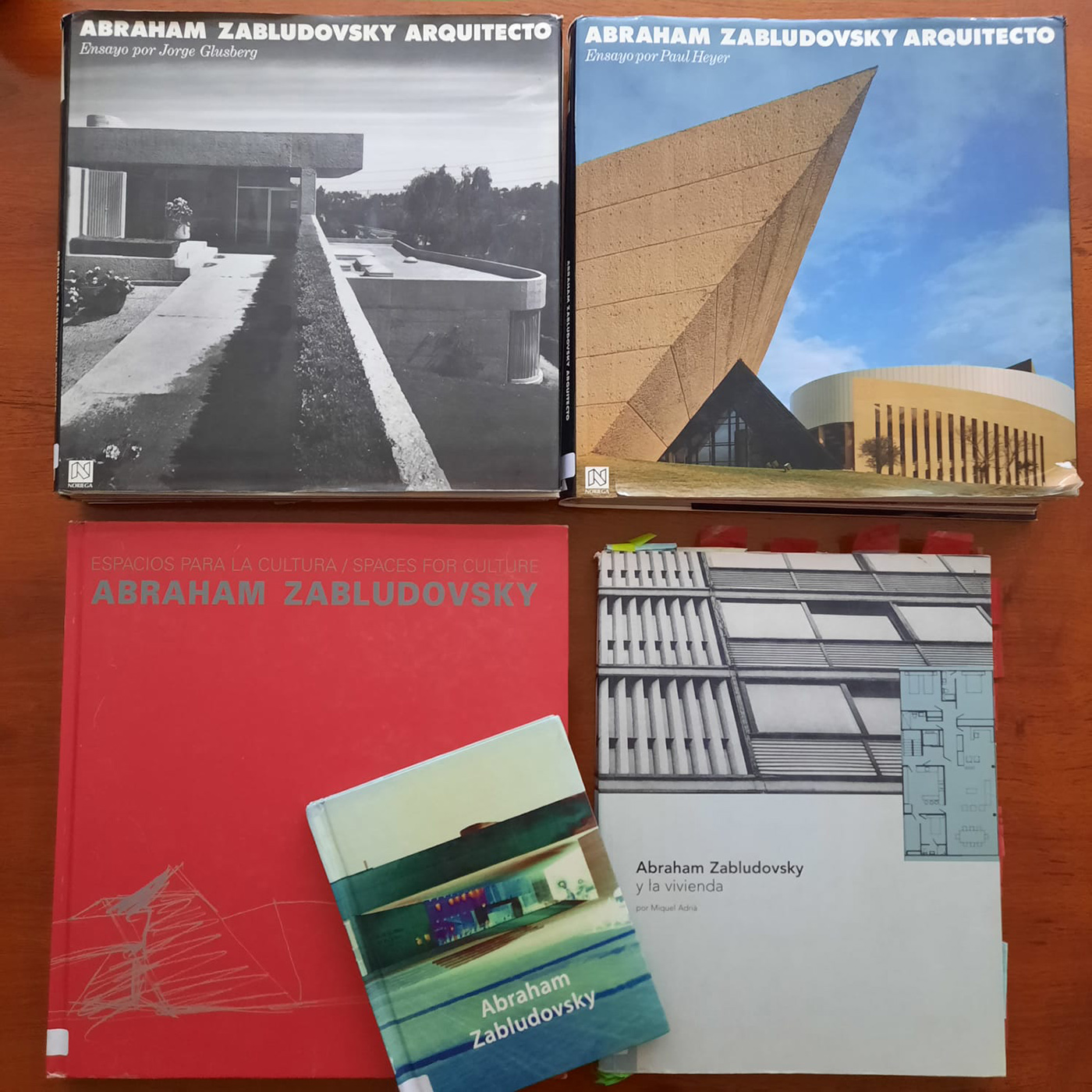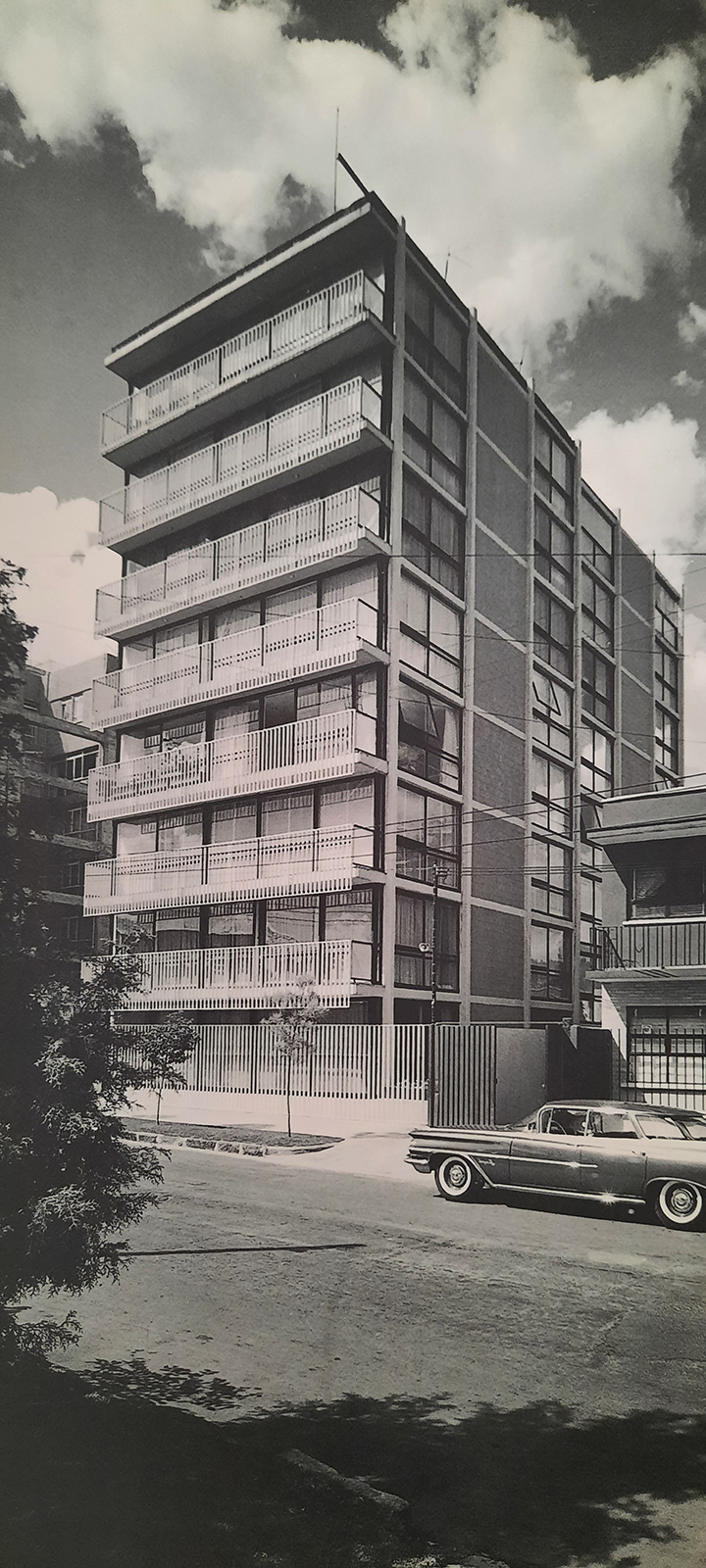14 Oct ARQUICINEMA 🗓 🗺
MEXICO CITY THROUGH FILM
OCT.09+OCT.16+OCT.23+NOV.06.2025
Arquicinema: Mexico City through film
4 talks · 4 movies · 4 expert voices
Arte Abierto, in collaboration with FundarqMx, presents a new edition of Arquicinema, a meeting place for film and architecture, this time entitled “Mexico City through Film.”
Over four special sessions, this program offers interdisciplinary lectures that explore how architecture influences cinematic narrative and how, in turn, cinema becomes a tool for observing and understanding the urban, social, and landscape environment of Mexico City.
Through the analysis of selected scenes from key films—from Luis Buñuel’s classics to the contemporary vision of Alfonso Cuarón—specialists in architecture, urban history, and visual culture will invite us to reflect on how the city’s built spaces are also narrative, symbolic, and emotional spaces.
This series seeks to open an interdisciplinary dialogue and generate a space for exchange on the role of architecture in the cinematic representation of the city.
Arquicinema: Mexico City Through Film proposes looking at cinema through the lens of architecture and vice versa, as a way to explore the connections between built space, urban identity, and the narratives that define us.
>>
OCT.09+OCT.16+OCT.23+NOV.06.2025
5:00 PM
Free admission
Arte Abierto | 2nd floor, ARTZ
>>
PROGRAM
OCT.09.2025 – Architect María Bustamante Harfush
Los olvidados (Luis Buñuel, 1950)
A critical reading of invisible urban heritage and marginalized peripheries.
OCT.16.2025 – Architect Luis Andrés Palafox
El castillo de la pureza (Arturo Ripstein, 1973)
An architectural and emotional reading of confinement: the home as a symbolic prison and reflection of patriarchal power.
OCT.23.2025 – Arantza Briffault
Mariana, Mariana (Alberto Isaac, 1987)
The architecture of childhood, intimate memory, and everyday life in the city.
NOV.06.2025 – Rodrigo Hidalgo
Roma (Alfonso Cuarón, 2018)
The modern urban landscape as a testament to class, memory, and social transformation.
>>
FUNDARQMX (Fomento Universal para la Difusión Arquitectónica de México A.C.) is an organization dedicated for over a decade to disseminating the value of Mexican architecture and urban planning among diverse audiences through a variety of media, projects, and cultural activities. Its work has been recognized with the 2019 Medal of Arts awarded by the Congress of Mexico City for its outstanding work in support of national architecture.
Primarily integrated of young people committed to architectural culture, FUNDARQMX focuses on the dissemination, documentation, and conservation of architectural and urban heritage. Its activities include events, tours, exhibitions, talks, publications, and the use of digital tools to bring architectural knowledge to society in an accessible and rigorous manner.
www.fundarqmx.org
@fundarqmx



